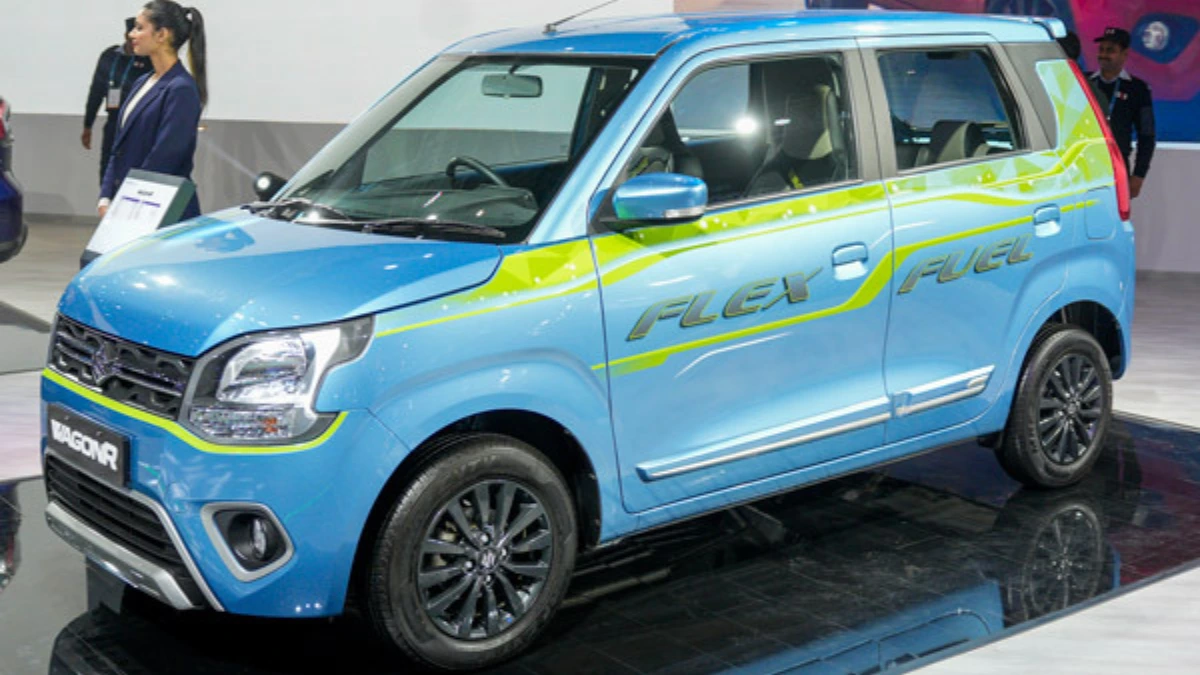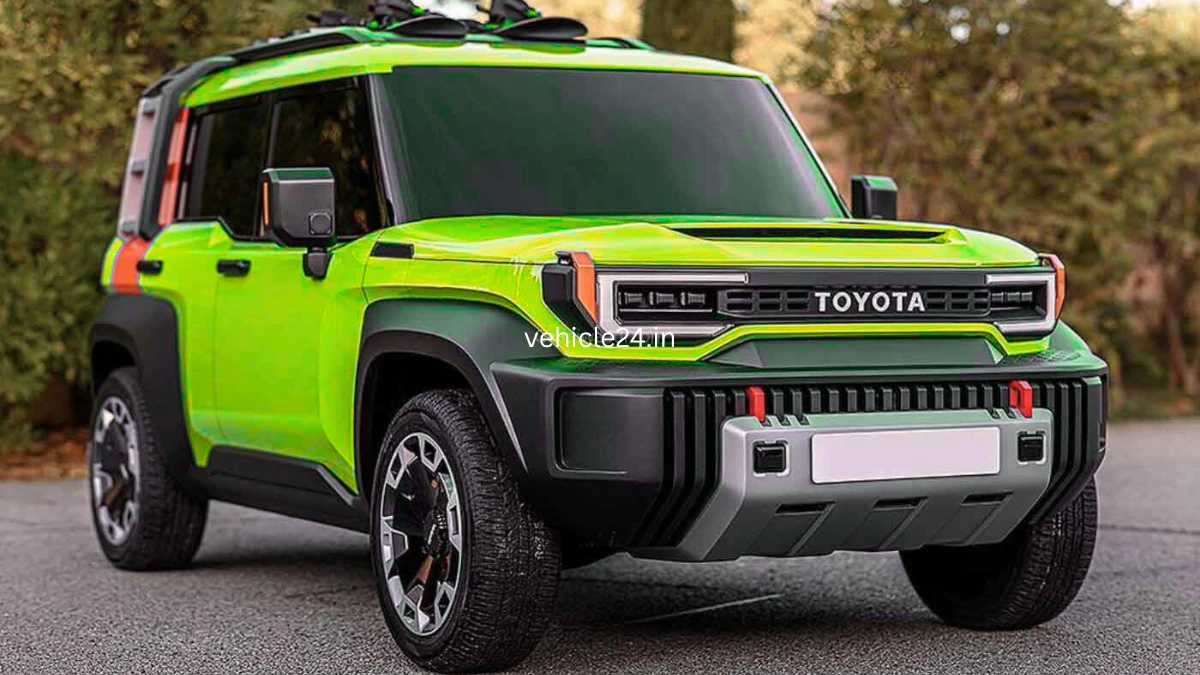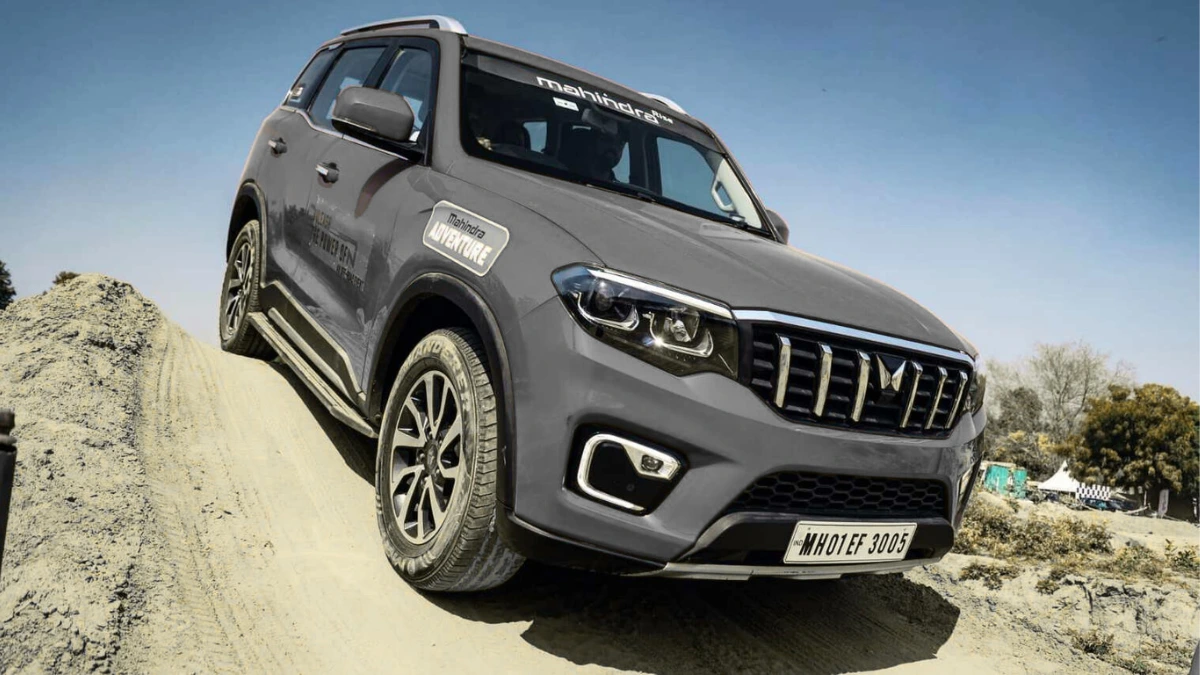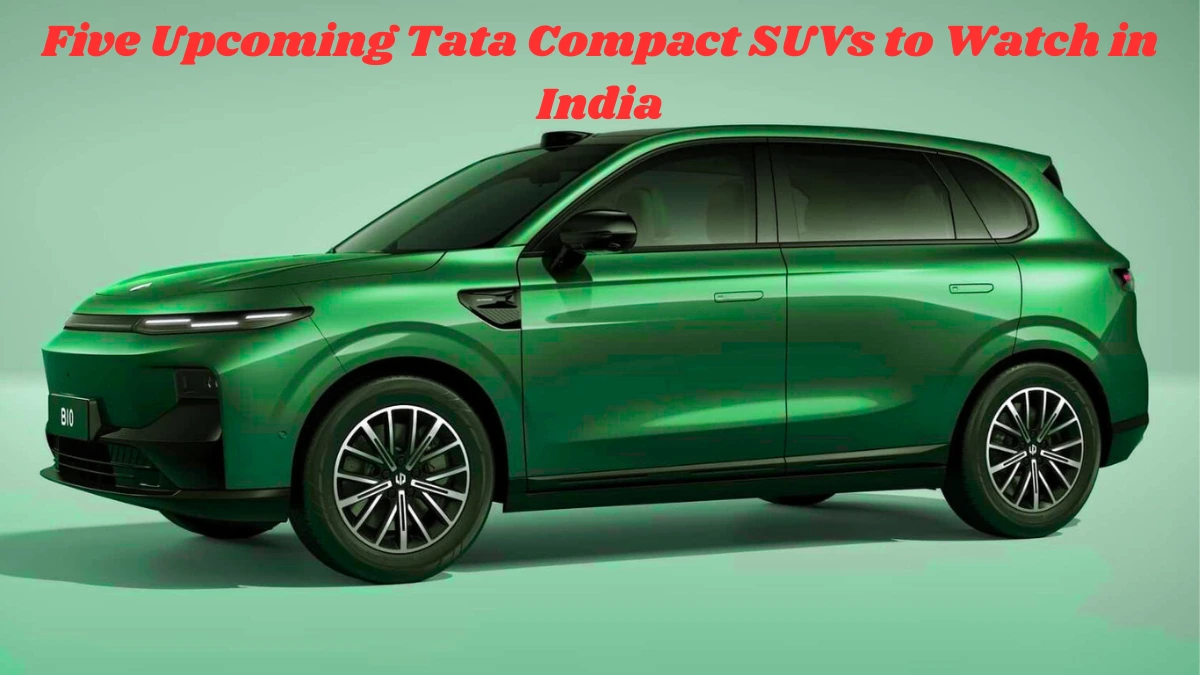Maruti Suzuki is gearing up to launch its first flex-fuel vehicle, the Wagon R, in early 2026, marking a significant step toward cleaner and greener mobility in India. The announcement, made by its parent company, Suzuki Motor Corporation (SMC), highlights Maruti’s commitment to achieving carbon neutrality while catering to the growing demand for eco-friendly vehicles. Here’s everything you need to know about Maruti’s flex-fuel plans and how they fit into India’s sustainable future.
What Are Flex-Fuel Vehicles?
Flex-fuel vehicles can run on a blend of fuels, such as petrol mixed with ethanol, ranging from E20 (20% ethanol) to E85 (85% ethanol). These vehicles are considered a cleaner alternative to traditional petrol cars, as ethanol, derived from renewable sources like sugarcane, significantly reduces harmful emissions. Maruti Suzuki’s flex-fuel Wagon R, showcased as a prototype at the Bharat Mobility Global Expo in January 2025, is designed to cut tailpipe emissions by up to 79% when running on E85 fuel, without compromising performance.
Maruti Suzuki Wagon R Flex-Fuel: Key Details
The flex-fuel Wagon R will be Maruti’s first vehicle to support fuel blends with up to 85% ethanol. Visually identical to the current Wagon R, it retains the same design, features, and technical specifications, ensuring familiarity for buyers. The standout feature is its ability to deliver the same power and performance as the standard petrol model while producing far fewer emissions. This makes it an ideal choice for environmentally conscious drivers who don’t want to sacrifice practicality or affordability.
Maruti plans to roll out the flex-fuel Wagon R in the first quarter of 2026, aligning with the ongoing financial year. This launch will position Maruti as a leader in India’s shift toward sustainable mobility.
Maruti’s Biogas Initiative: A Game-Changer for Clean Energy
Suzuki Motor Corporation is doubling down on its sustainability efforts by investing in biogas production, which will complement its flex-fuel and CNG vehicle lineup. By the end of 2025, SMC aims to establish biogas plants in collaboration with dairy cooperatives across India. These plants will convert manure from India’s 300 million cattle into biogas, a carbon-neutral fuel that can power Maruti’s CNG vehicles and serve as organic fertilizer.
This initiative not only supports cleaner energy but also boosts rural economies by purchasing cow dung from farmers, increasing their income. Maruti’s CNG models, which account for nearly one in three cars sold by the company, are already popular for their high mileage and lower fuel costs, and biogas will further enhance their eco-friendly appeal.
Why Flex-Fuel and Biogas Matter for India
Maruti Suzuki’s focus on flex-fuel vehicles and biogas aligns with India’s push for cleaner energy and reduced carbon emissions. With all Maruti models already compatible with E20 fuel, the shift to flex-fuel technology supporting E85 blends is a natural progression. The flex-fuel Wagon R, combined with the biogas initiative, will help Maruti achieve its long-term goal of carbon neutrality while meeting the needs of budget-conscious buyers.
The timing of the flex-fuel Wagon R’s launch in early 2026 is strategic, coinciding with growing awareness of sustainable mobility and the festive season, which typically drives car sales in India. By offering a vehicle that’s both eco-friendly and practical, Maruti is poised to capture a significant share of the green vehicle market.
Also Read –Hyundai Unveils Creta Electric, i20, and Alcazar Knight Editions in India
What’s Next for Maruti Suzuki?
The flex-fuel Wagon R is just the beginning of Maruti’s sustainable journey. With Suzuki Motor Corporation’s commitment to advancing biogas production and expanding its eco-friendly vehicle lineup, more flex-fuel models are likely to follow. This move not only strengthens Maruti’s position as India’s leading automaker but also sets a benchmark for sustainability in the automotive industry.







